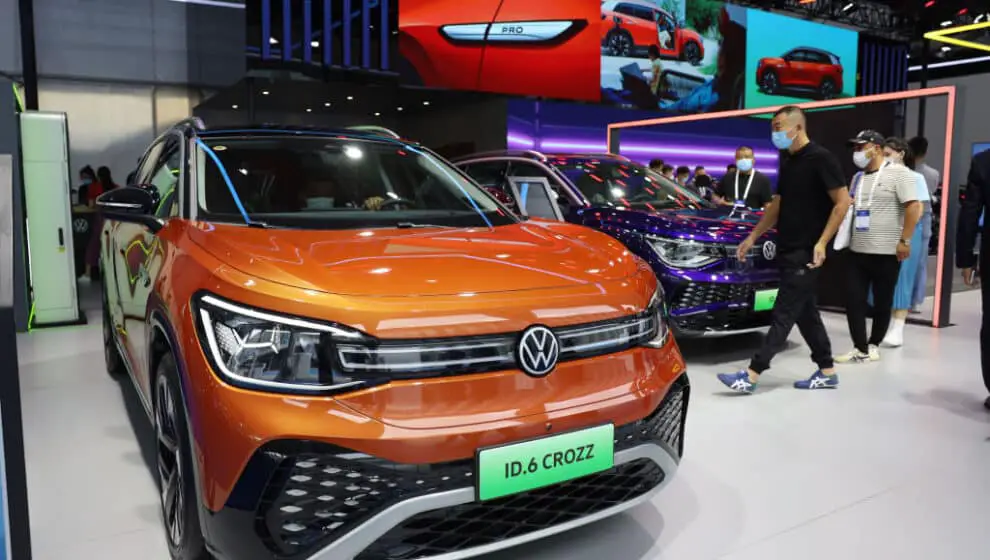Americans want electric vehicles with long range, but analysts say they don’t really need it.
Key Details
- Americans that are shopping for electric vehicles (EVs) say they want a car that has at least a 300 mile range, but analysts say they don’t need nearly that much.
- U.S. drivers are used to wanting bigger cars for the extra seats and power. Now that is translating over to EVs too.
- Bigger mile range means bigger batteries which also means a bigger price tag for Americans.
Why it’s news
In a Bloomberg survey, nearly two-thirds of 5,500 respondents said that 300-plus miles of range was adequate to their needs, while less than 10% would settle for 200 or less.
While Americans think they need this hefty range of miles they actually don’t. Some 95% of U.S. car trips are 30 miles or less, according to the U.S. Department of Transportation statistics.
Analysts say U.S. car buyers are still in the learning phases of EVs. They are learning how they work and what mileage works best for their needs.
“We’re in this education phase of electrification,” says Cox Automotive director of EV research Stephanie Valdez-Streaty. “We’re getting consumers to understand: How often do I drive? Where am I going to be able to charge? What do I need for my lifestyle? As consumers start to get more educated, they may realize they don’t need a vehicle that has a 400-mile range.”
Car makers are complying to the wants of the buyers by producing EVs with bigger, longer lasting batteries. Of the more than 80 EV models and their various trims currently available in the U.S., all but three—the Mini Cooper SE, the Nissan Leaf, and the Porsche Taycan—come with at least 200 miles of range. Nearly 40% come with at least 300 miles, according to Bloomberg.
Anything that has bigger batteries brings a bigger price tag. Batteries are the heaviest and most expensive part of an EV.
Bigger batteries are doubly wasteful: Buyers spend thousands of dollars on range that they will rarely take advantage of, and vehicles spend kilowatts carrying around the excess weight, says Bloomberg writer Ida Boudway.
EV battery packs cost carmakers an average of $118 per kWh, which means the more battery power you want the higher the price is going to be.
Analysts think eventually Americans will figure out exactly what they want from an EV and how much battery they will need to satisfy their needs, but for now it is still a learning curve.

